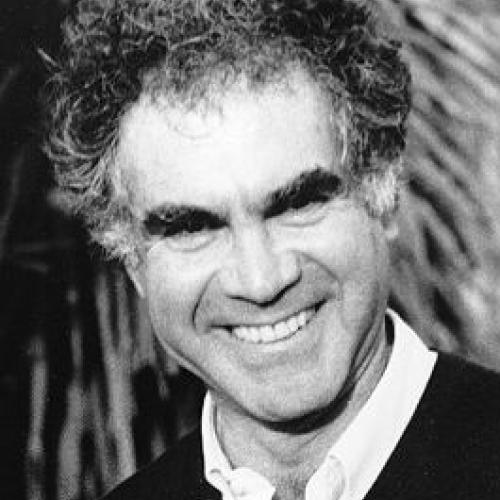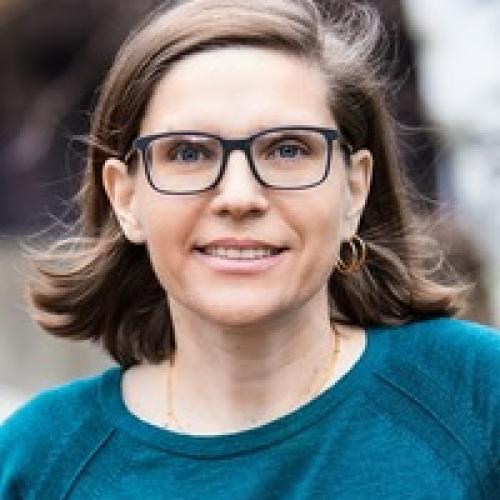Microhistory and Global History
Twenty-Third Annual Joseph and Rebecca Meyerhoff Lecture
Online
Zoom Link to be provided
Password required
23rd Annual Joseph and Rebecca Meyerhoff Lecture in Judaic Studies
The Herbert D. Katz Center for Advanced Judaic Studies has invited internationally renowned historian Carlo Ginzburg to reflect on his pioneering research in conversation with historian Francesca Trivellato of Princeton's Institute for Advanced Study. The discussion will touch on the relationship between micro-history and global history, the relevance of Ginzburg's work for the study of the Jews and marginalized others, the intersections between his life and his work, and the nature of the historian's craft, among other topics that have been illumined by Ginzburg's fecund and capacious intellect.
This event was originally planned for March 2020 and has been rescheduled due to COVID-19.
MICROHISTORY AND GLOBAL HISTORY is now available on our YouTube channel. Click here to watch.
Event Poster
Download
Featuring

Carlo Ginzburg
Carlo Ginzburg is professor emeritus at UCLA and a noted Italian historian and proponent of the field of microhistory.

Francesca Trivellato
Francesca Trivellato is Andrew W. Mellon Professor in the School of Historical Studies at the Institute for Advanced Study in Princeton, NJ. Her latest book is The Promise and Peril of Credit: What a Forgotten Legend about Jews and Finance Tells us about the Making of European Commercial Society (Princeton University Press, 2019). Her articles include “Microstoria/Microhistoire/Microhistory,” French Politics, Culture & Society (2015) and “Is There a Future for Italian Microhistory in the Age of Global History?” California Italian Studies (2011).
Cosponsors
Center for Italian Studies, the History Department, Italian at Penn, the Jewish Studies Program Kutchin Seminar Series, the Workshop in the History of Material Texts, and the Kislak Center for Special Collections